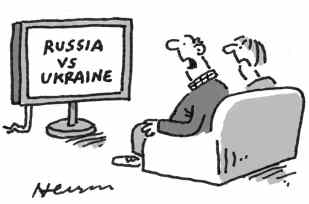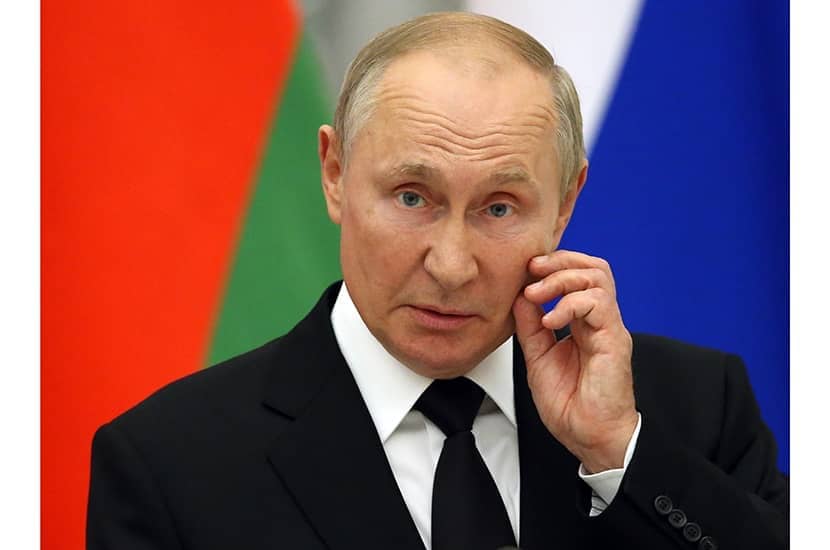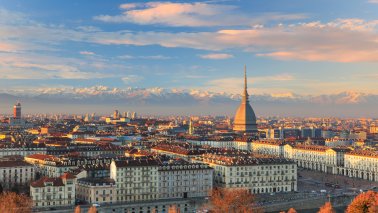When thousands of migrants massed on the Polish-Belarusian border, the Polish Prime Minister Mateusz Morawiecki lost no time in identifying who he believed the true culprit to be. Belarusian leader Alexander Lukashenko was just an ‘executor’, Morawiecki told his parliament. The true ‘enabler’ was ‘President Putin, who shows a determination to carry out the scenario of rebuilding the Russian empire, the scenario that we, all Poles, have to forcefully oppose’. The columns of refugees were part of the ‘neo-imperialist politics of Russia’, Morawiecki said. ‘They are part of a more coordinated attack, a new kind of war.’
Without a doubt, Polish fears of Russian imperialism are well grounded in history. Equally certainly, Putin has plenty of form on using hybrid forms of warfare, from disinformation and botnets to murky military proxies and soldiers in disguise to influence elections and invade neighbours. But is Putin really behind Lukashenko’s decision to weaponise migrants? There’s no evidence that he is — and much argument to suggest that Lukashenko’s latest stunt is actually an inconvenient embarrassment to the Kremlin.
First and foremost, Putin currently has every incentive to improve rather than destroy Russia’s relations with the European Union. The Kremlin’s biggest strategic victory of the year was Washington’s dropping of sanctions against Gazprom’s Nord Stream 2 pipeline in May. That, combined with Europe’s rush to decarbonise by replacing coal with gas power and the spiking gas prices that have resulted, represents a golden opportunity for Russia. Locking more Europeans into long-term contracts with Gazprom not only fills the Kremlin’s coffers but also gives Putin political leverage over his customers. In that sense, the goals of COP26 represent a short-term economic and diplomatic boon for Russia.

Lukashenko’s agenda is the opposite.








Comments
Join the debate for just £1 a month
Be part of the conversation with other Spectator readers by getting your first three months for £3.
UNLOCK ACCESS Just £1 a monthAlready a subscriber? Log in